Why We Need Carbon Capture and Sequestration
Green Market Oracle
FEBRUARY 11, 2020
Carbon capture and sequestration have often been considered technologies of last resort. As emissions keep rising and global carbon budgets decline, it is becoming increasingly apparent that if we are to stave off the worst of climate change we must deploy and scale these desperate remedies as quickly as possible.


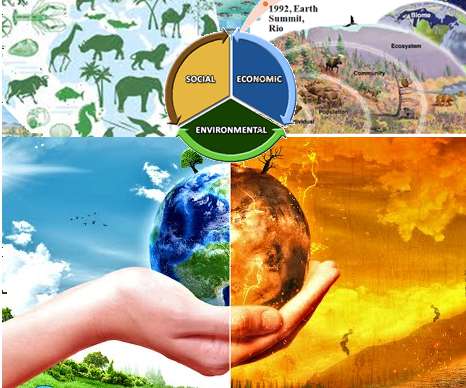
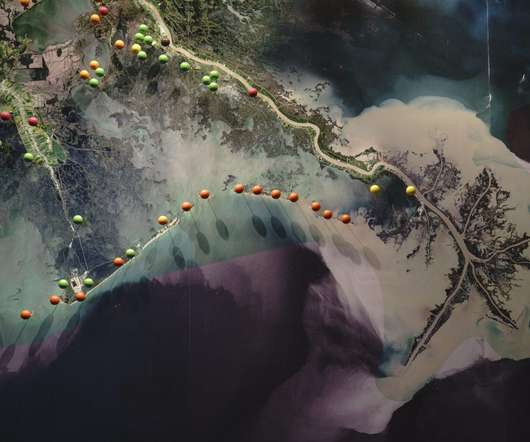
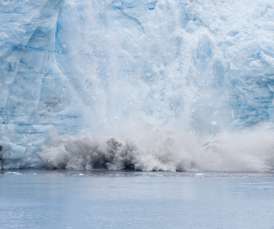
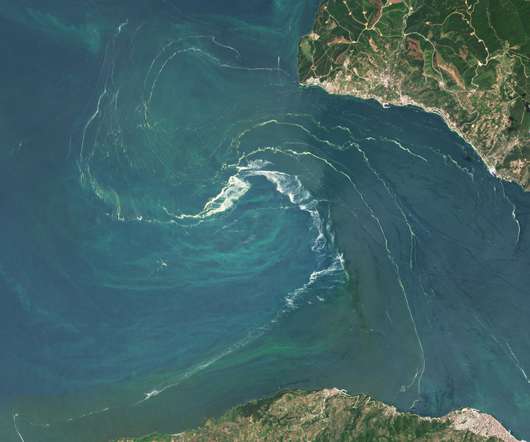
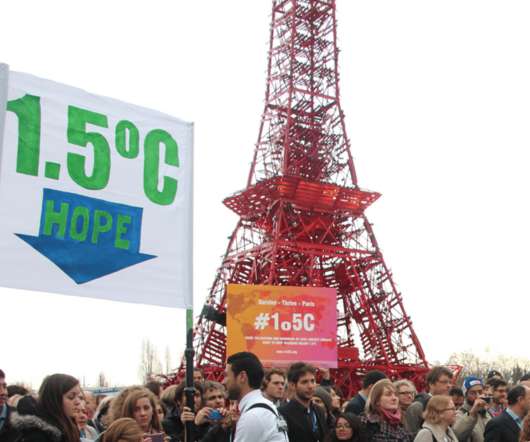









Let's personalize your content